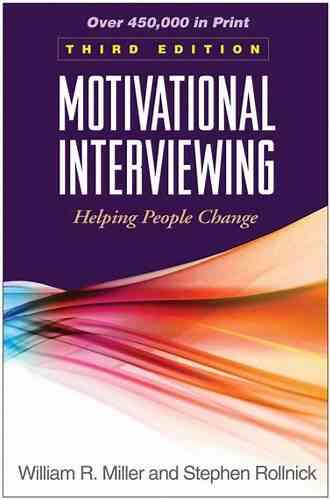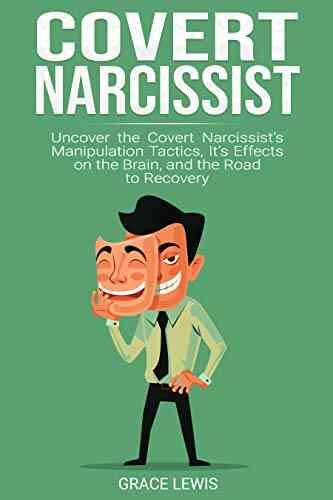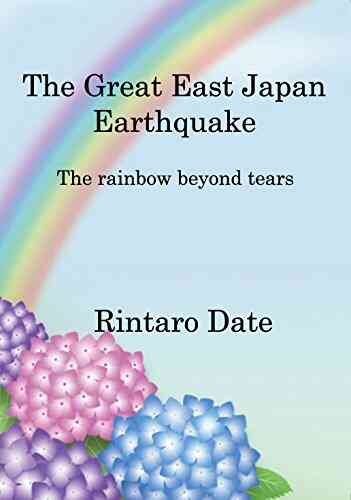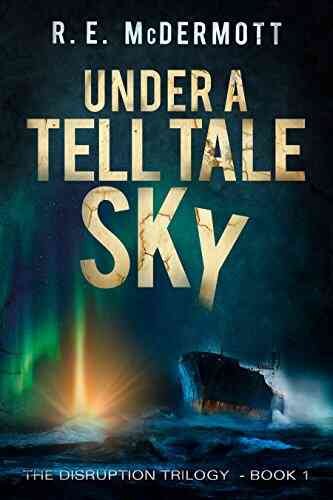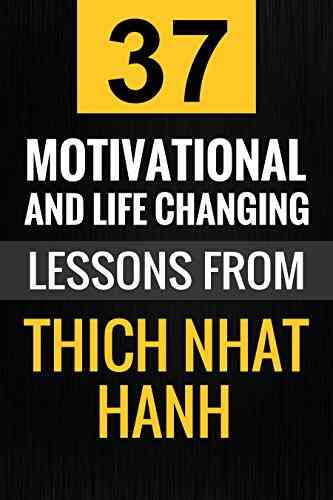Murder is a heinous crime that destroys lives, tears families apart, and shakes communities to their core. In a world filled with violence and aggression, it is essential to remind ourselves of the value of human life and the importance of preserving it. This article aims to explore the consequences of murder and emphasize the significance of finding peaceful resolutions to conflicts.

When emotions run high and conflicts escalate, it may be tempting to resort to violence as a means of justice or retaliation. However, it is crucial to pause and consider the potential ramifications of taking someone's life. Every individual has inherent dignity and deserves to be treated with respect, regardless of their actions. Taking their life denies them any chance of redemption or transformation.
The Consequences of Murder
Murder not only affects the victim but also leaves lasting scars on their loved ones and society as a whole. The loss of a loved one in such a violent manner can lead to trauma, grief, and a sense of injustice that may forever haunt the surviving family and friends. Communities are also impacted, as murder breeds fear and insecurity, eroding trust among its members.
4.5 out of 5
| Language | : | English |
| File size | : | 1229 KB |
| Text-to-Speech | : | Enabled |
| Screen Reader | : | Supported |
| Enhanced typesetting | : | Enabled |
| Word Wise | : | Enabled |
| Print length | : | 355 pages |
| Lending | : | Enabled |
Legal consequences for murder are severe, with most countries enforcing long prison sentences or even capital punishment for those found guilty. However, no sentence can truly compensate for the loss of a human life. Furthermore, the mental and emotional toll on the perpetrator can be immense, leading to a life filled with regret, guilt, and a permanent burden on their conscience.
Resolving Conflicts Peacefully
While conflicts are a natural part of human interactions, it is imperative to find peaceful resolutions rather than resort to violence. Communication, empathy, and understanding can go a long way in defusing tension and finding compromises that satisfy all parties involved. Mediation, counseling, or seeking legal assistance can be valuable tools in resolving conflicts without resorting to extreme measures.
Society as a whole needs to prioritize conflict resolution and invest in education and resources to foster a culture of peace. Teaching empathy, emotional intelligence, and non-violent communication skills can empower individuals to find peaceful solutions to conflicts, preventing tragedies from occurring.
In a world where aggression often dominates headlines and violence seems to be a quick fix, it is crucial to remember the importance of human life. Murder comes with far-reaching consequences that affect not only the victim but their families, communities, and the murderer themselves. By valuing and respecting life, investing in peaceful conflict resolution, and promoting understanding, we can strive to create a safer and more compassionate society.







































